Artist Interviews 2021
Gesa Neitzel 
By Laura Siebold
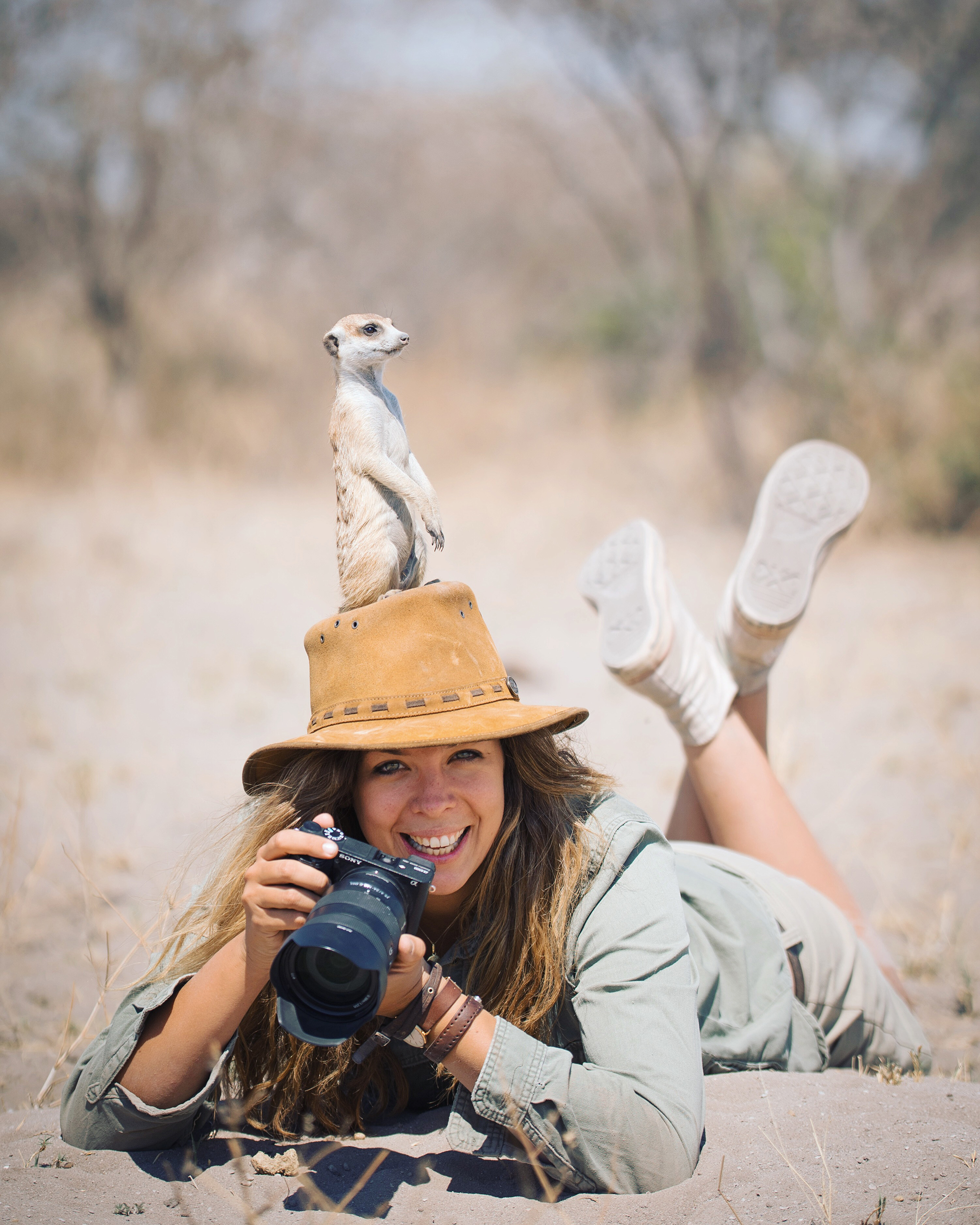
Gesa Neitzel is a German writer focused on African travel, nature conservation and mindfulness. She used to work as a television editor in Berlin before “the Wild” called her to train as a safari guide in Southern Africa in 2015. Together with her husband Frank Steenhuisen, a travel agent and wildlife-photographer born in Pretoria, South Africa, she has travelled the African continent ever since in their Land Rover Defender “Ellie”. During the 2020 pandemic, the couple moved to Australia, the country where Frank spent much of his youth. Gesa has written two non-fiction books, about her time in Africa, both of which have become bestsellers in Germany. Gesa spends several months each year traveling the African continent to do research for her books and to create content. In her books, she explores the role of humans, a necessary commitment to Nature and creates a promise to honor “the Wonderful Wild”. Currently, the author writes her first novel whilst waiting to return to Africa later this year. Gesa and Frank work closely together to pass on their passion for Africa and “the Wild” through safari tours and photography.
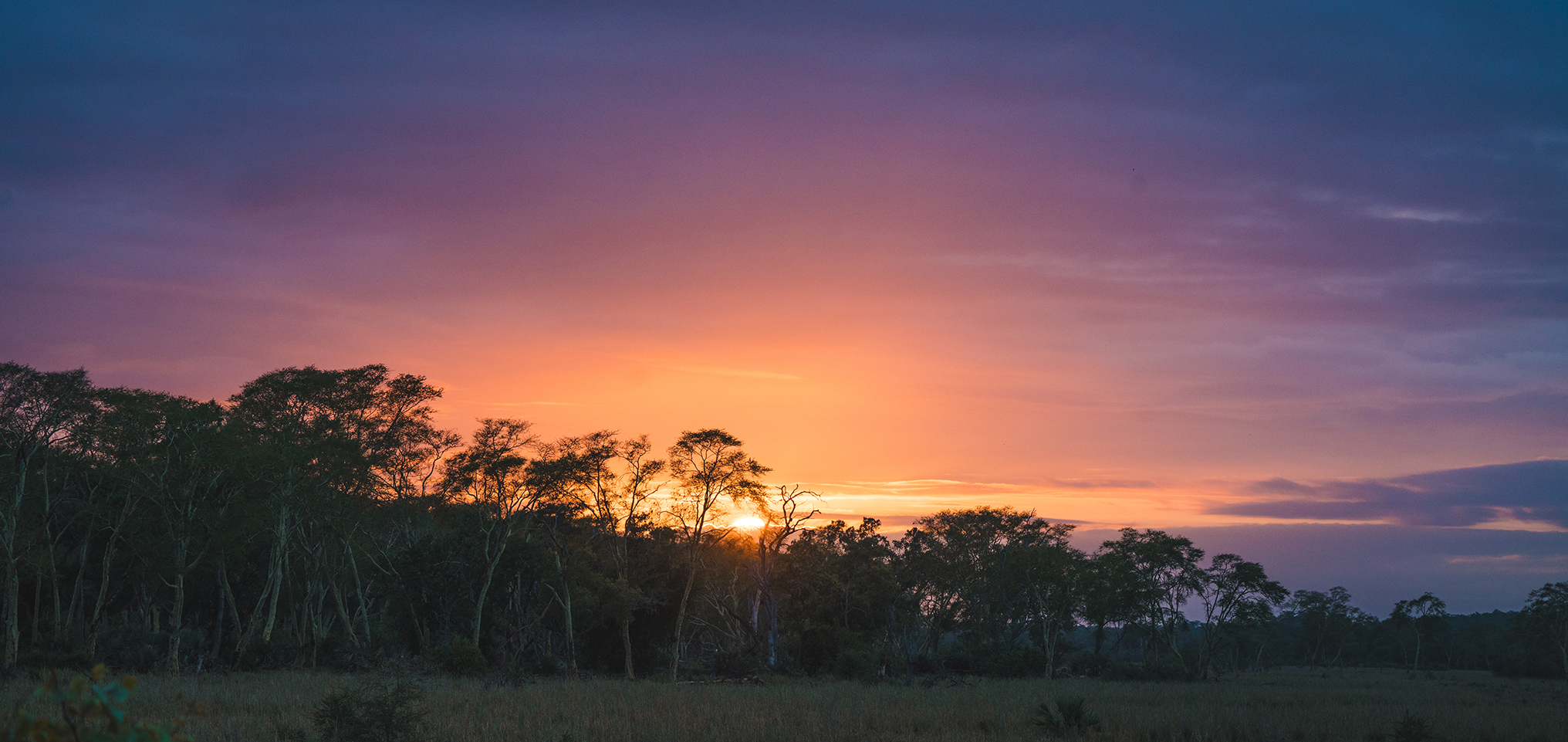
Your autobiographical memoir
“The Wonderful Wild” (Ullstein, 2019) gives an insight in your life in Africa and your work as a safari guide. Can you tell us a little about your inspiration for the book?
I used to work as a TV-editor in Berlin for the German version of “The Voice” [a talent show for singers; A/N]. But my life in Berlin was something I had settled for, following the pressures and common narratives of modern society. I was chasing a career in television; to fulfil the superficial desire of a life that looked good on the outside. Problem was, it never felt good on the inside. And so, I did what many people talk about, but probably only very few ever do: In 2015, I quit my job to travel to Africa and train as a safari guide for one year in the wild. “The Wonderful Wild” is my second German book, and it’s inspired by everything I learnt about both Nature and myself -during the training, as well as in the years that followed. The book examines our human role in Nature and tries to re-connect its readers to the Wild, not just in Nature but also deep within.
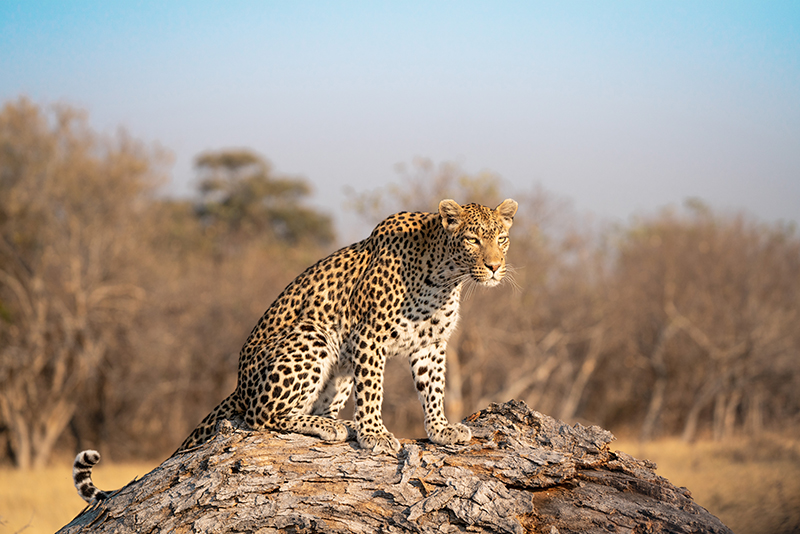
What is the central message of “The Wonderful Wild Promise”?
The Wonderful Wild Promise is a contract between you and Mother Earth, to honor the Wild and Nature, and match your own vibration to the one of Mother Earth. And Mother Earth is kind, loving, graceful, and forgiving. Although my book hasn’t been translated into English, the promise at the end of the book is available for download on my website, and it goes like this:
I, _______________________, hereby declare today on ________________, that I will honor the Wilderness in my life as a guardian of Mother Earth.
I will remember as often as possible that I am the Soul that’s residing peacefully below the surface of my thoughts. I will make an effort to become aware of the pause between each stimuli and my reaction to it, and I choose positive thoughts and emotions to do my part in raising the Earths’ energy with each new day.
I start each and every day in gratitude for all the wonders, big and small, that make up my entire life. And even though it might scare me sometimes, from this day forward I am brave enough to act from love and inspiration – knowing deep-down that these acts of love will be the ones that matter most in the end.
I ask myself frequently if I was better today than I was yesterday. But I no longer judge other people, for I know that everyone else has his or her own baggage, too.
I allow myself to dream and to find true happiness, because I understand that I can be of best service to others when my own cup is full, and I believe that true abundance will become possible for all of us when we recognize the Energy of this Earth as our new and true measurement of prosperity and wealth.
Even though I might still feel lost from time to time, from this day forward, I will never forget the following: that I can go home anytime I want to feel safe and secure – and that home is, has been, and always will be Nature in all its forms, with all its wonders and miracles.
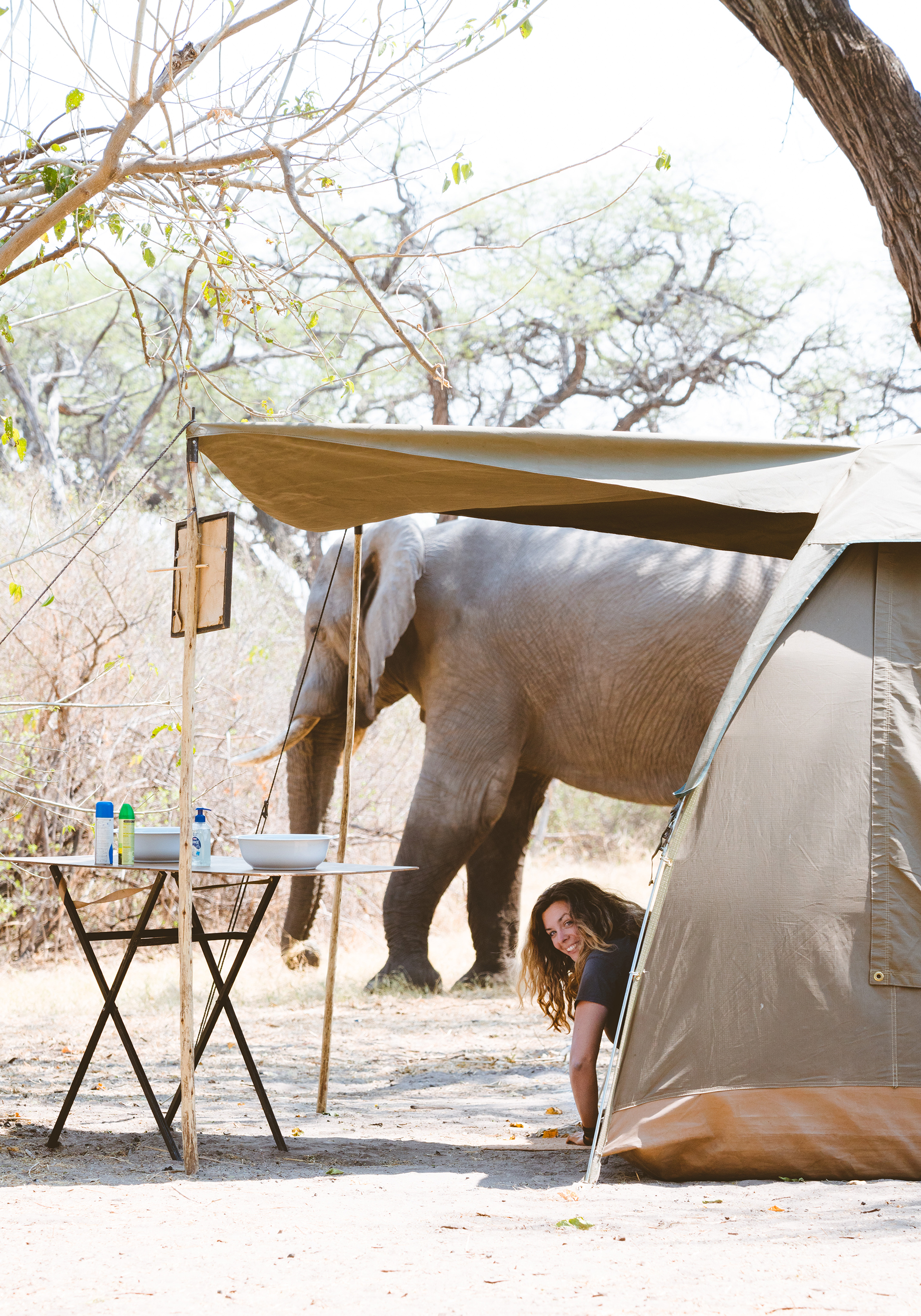
The importance of valuing and preserving nature is a recurring theme in the memoir. What can nature teach us about life? Can nature be a refuge in these uncertain pandemic times?
As humans, we are used to view ourselves as masters of every other life form on Earth because we assume to have a greater intellect than the other animals or plants. But really, we would do better to actually turn to the animals for guidance and advice, as they are not concerned with the destruction of the planet. Spending time in Nature brings us back to ourselves. Hearing the morning chorus of the birds at sunrise, leaning against the sturdy trunk of a tree, looking in the eye of a wild animal – whenever we do any of these things, a recognition to our true self happens, and we remember that this is where we came from; and this is where we need to return to. Humans have detached themselves from all the other beings – by means of mortar and bricks – no wonder we don’t feel the connection with Nature anymore; we have literally built a wall between us and them.
Nature can be, and always has been, a refuge for those who come to her for comfort. But in these strange times we live in, I think we need to go even a step further than just turn to Nature for refuge; we need to understand that, if we want to thrive as a species on this planet, we can only do so alongside the others, not detached from them. We need to understand that it’s time to give back. Many indigenous tribes knew this all along: If you take something from Mother Earth, you have to give something back, too.
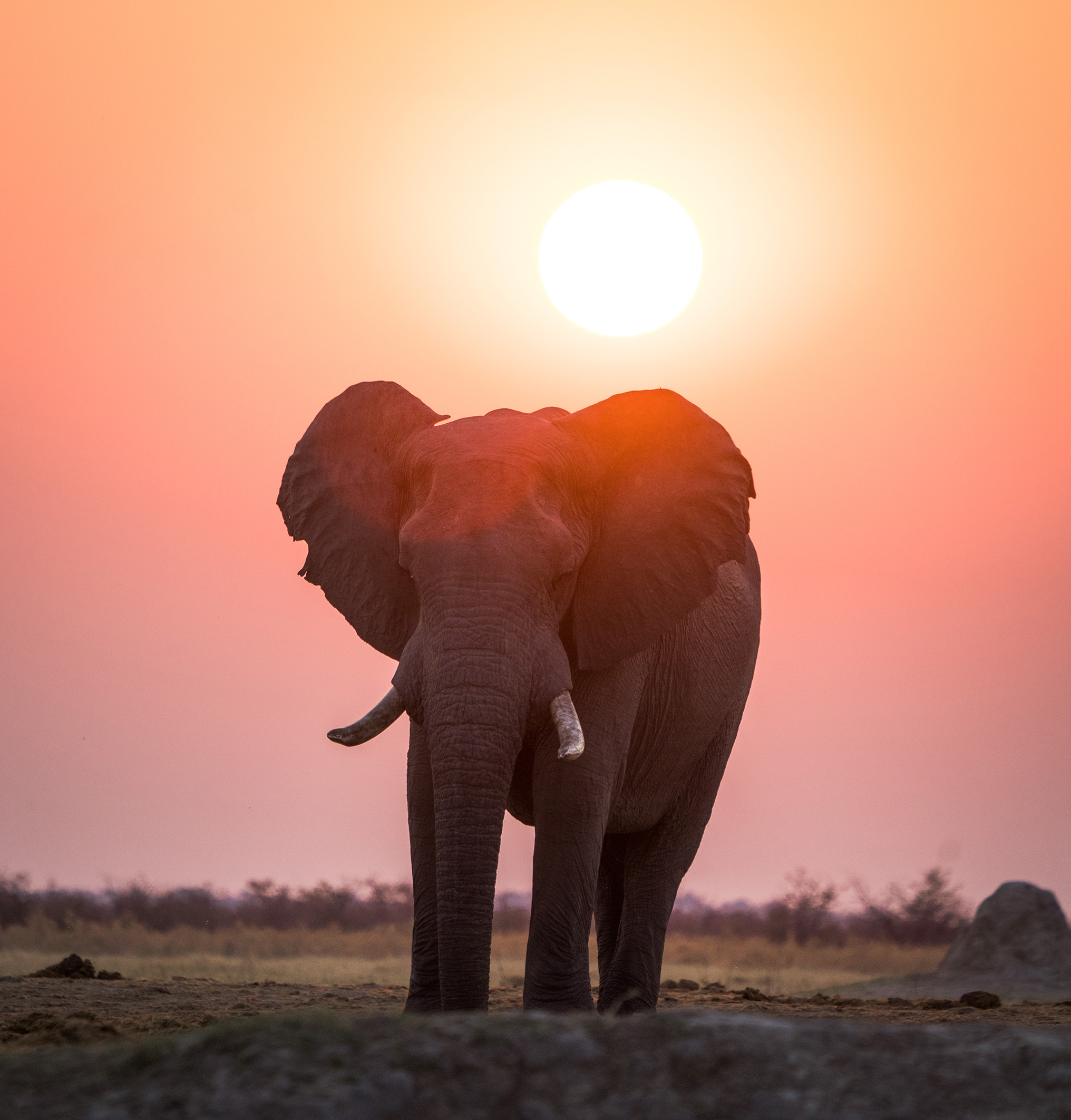
In your opinion -is literature art? Is nature art?
To me, art is anything that inspires human beings, and I can find great inspiration in literature, as well as in nature. Give me a good book in a forest, and I’m happy. The greatest thing about being human, I believe, is being able to perceive something as beautiful. A sunset. A flower. A face. I don’t know if that’s what art is, but it is most certainly a gift! And what joy it can bring! I’m a lucky girl, to have been born human, and I try to remember that every single day of my life. Because seeing the bad about being one of us is just a little too easy.
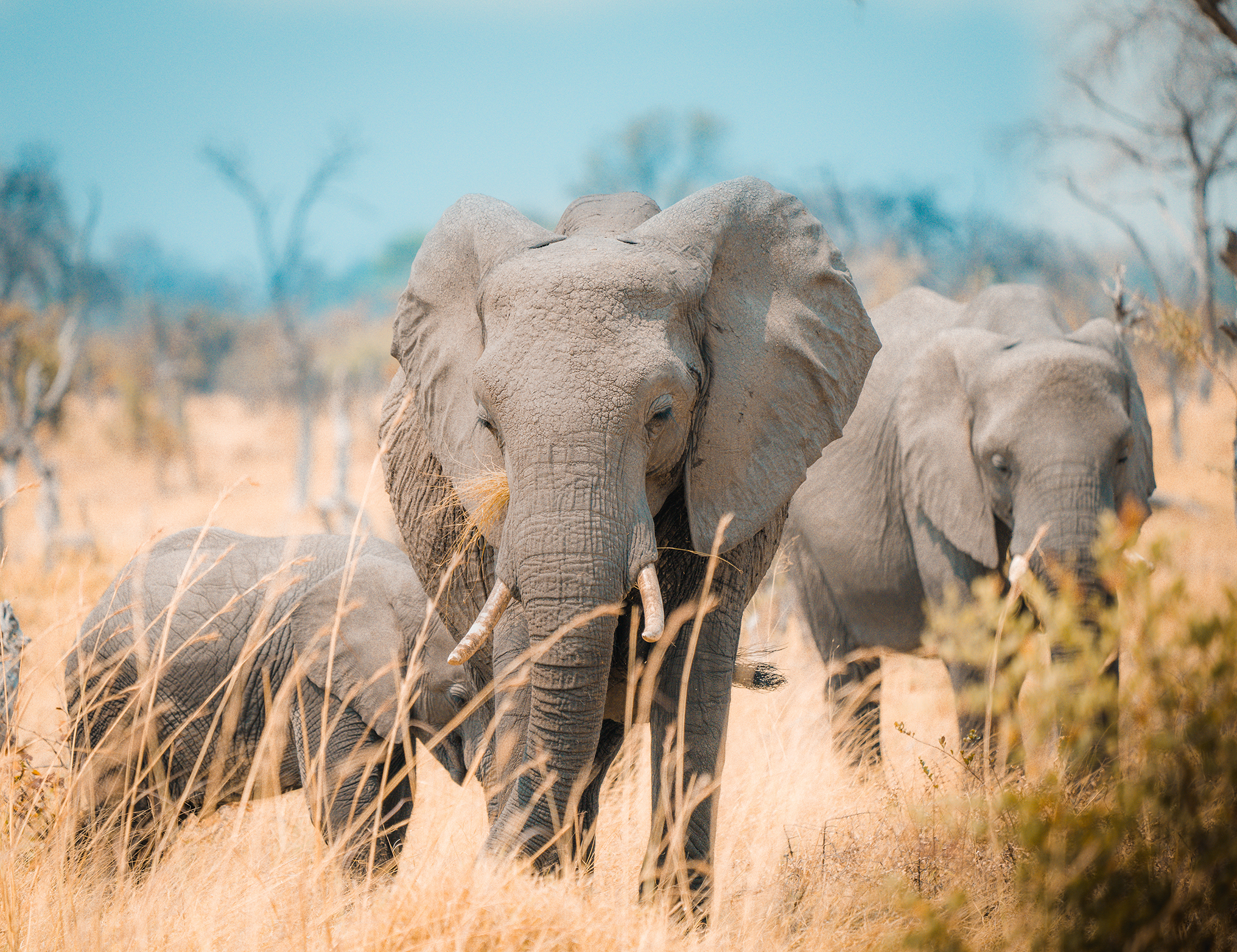
Can you give us an insight into the representation of art in Africa, based on your personal experience?
To me, the greatest of African arts is the ancient art of tracking. It truly is an art-form, being able to read the tracks and signs of animals who have walked through the sand. It is the ultimate connection to the environment and requires something which safari guides call ‘ecological literacy’, and which the majority of humans today have never learnt. Tracking means to think like the animal you’re trying to find. Nothing brings you closer to Nature, or into the present moment.
I also love African music. My favourite artist is Ayub Agoda, a Kenyan musician who sadly passed away in 20219. I’m also thrilled that more and more African writers take a more prominent role in the international book scene, as the openness to diversity in books (and art) grows. We are, if we want to or not, a global species, and I think it’s fantastic that country borders begin to melt away, especially thanks to the internet. Having said that, there is still a long way to go before African art will become mainstream. But for example, the Marvel-movie Black Panther was a great step in the right direction.
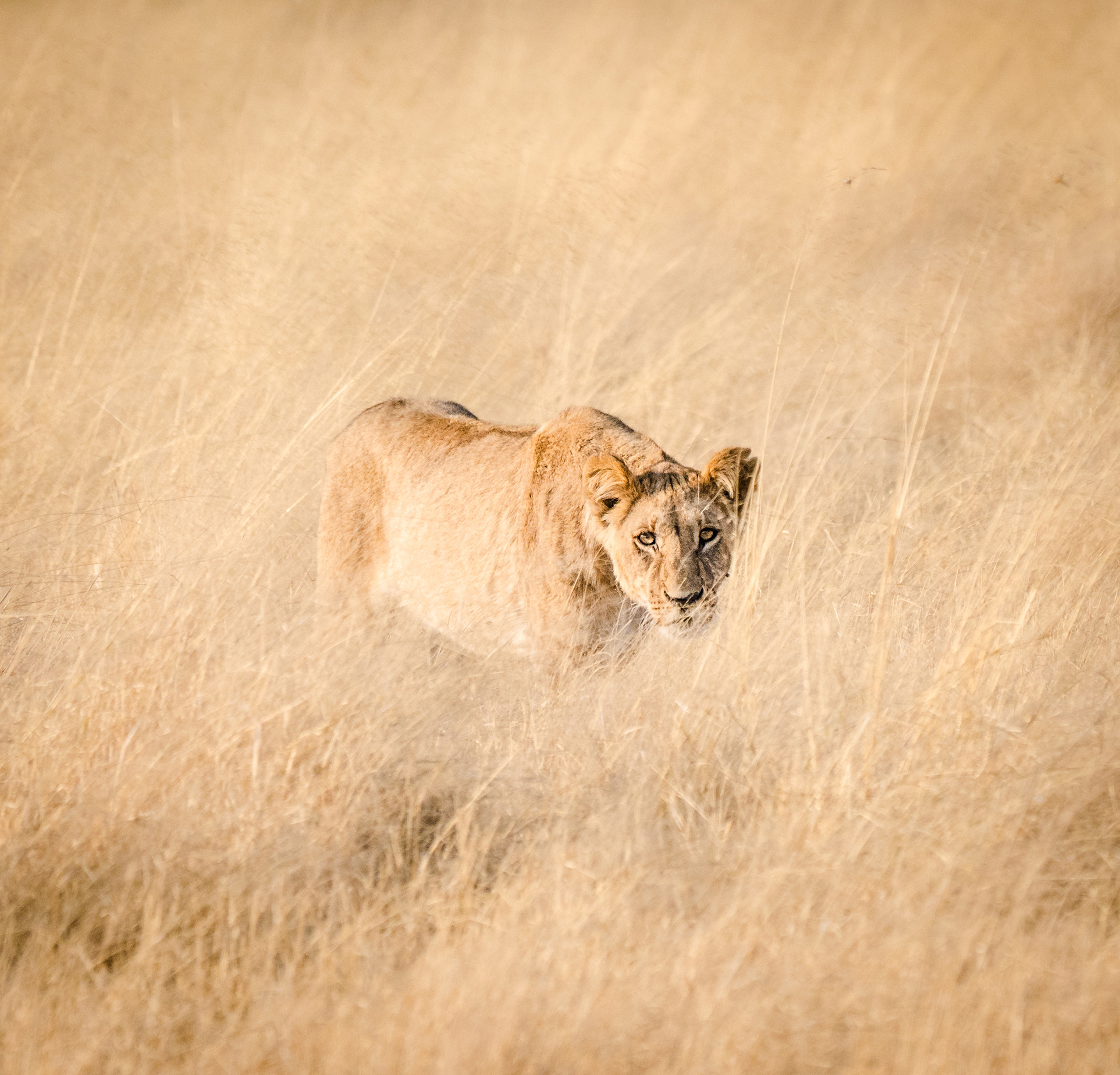
Do you see yourself as a nature guide? A writer? A photographer?
If I were to put a label on myself, I am and probably always have been a writer. Everything else I do feeds back into the books that I write.
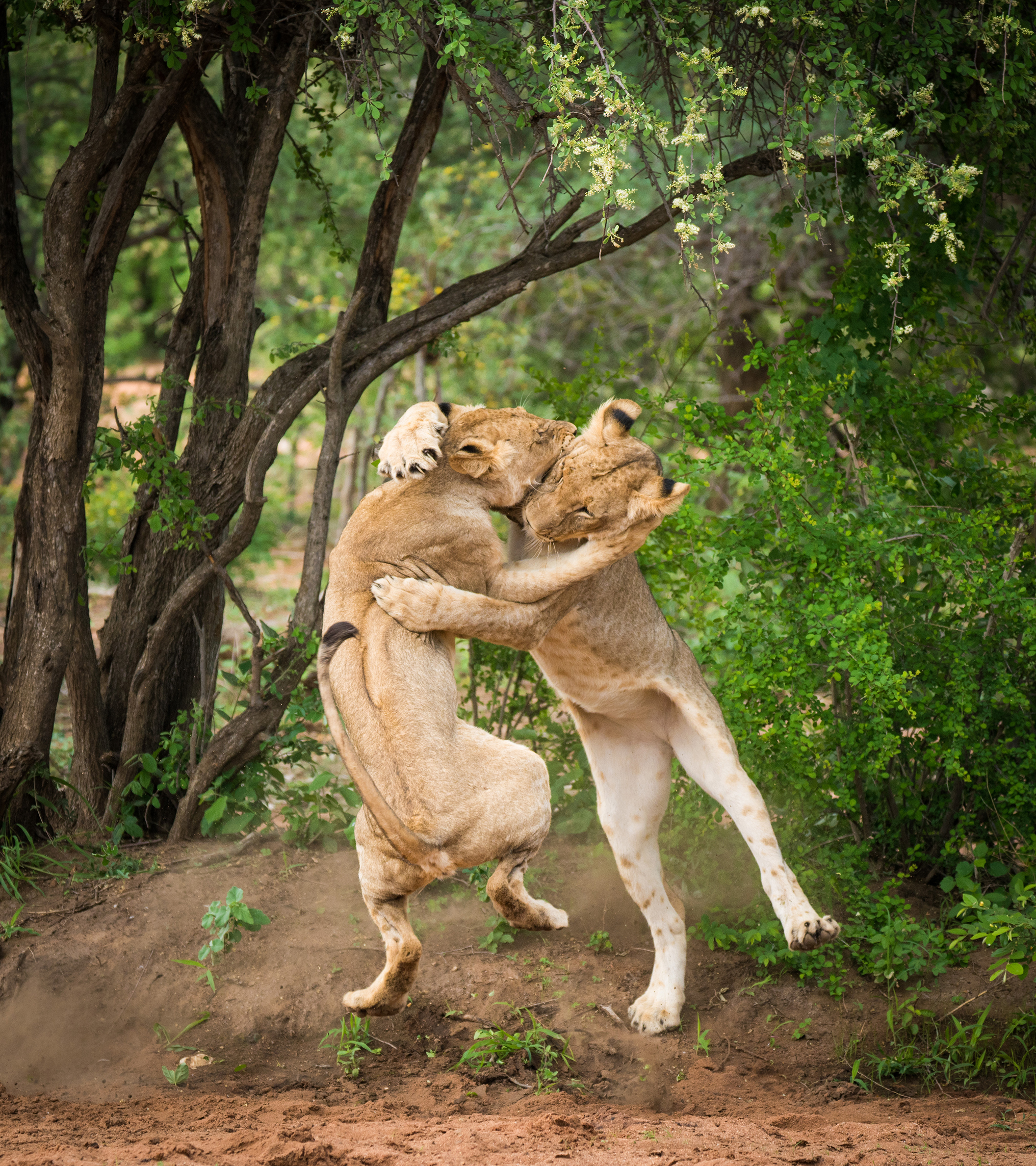
What is planned for the future? Can you offer us an insight into a new project?
Workwise, the pandemic was a blessing for me, as I’m currently in the finishing stages of my first novel, which I’m writing in English. On the German book market, exciting things are happening as well: I’ve written the sequel to “The Wonderful Wild” and I’m bringing out a vegan Camping-Cook-Book called “Safari Kitchen”. Both will come out in Germany in August this year.

Gesa Neitzel is currently based in Australia. For more information on Gesa and her work, check out the following resources:
Official Artist Website
Official Website for
Safari Tours in Africa
Additional resources consulted for this interview:
Safarifrank.com
Copyright for photographs: Frank Steenhuisen/Gesa Neitzel.
|
|

